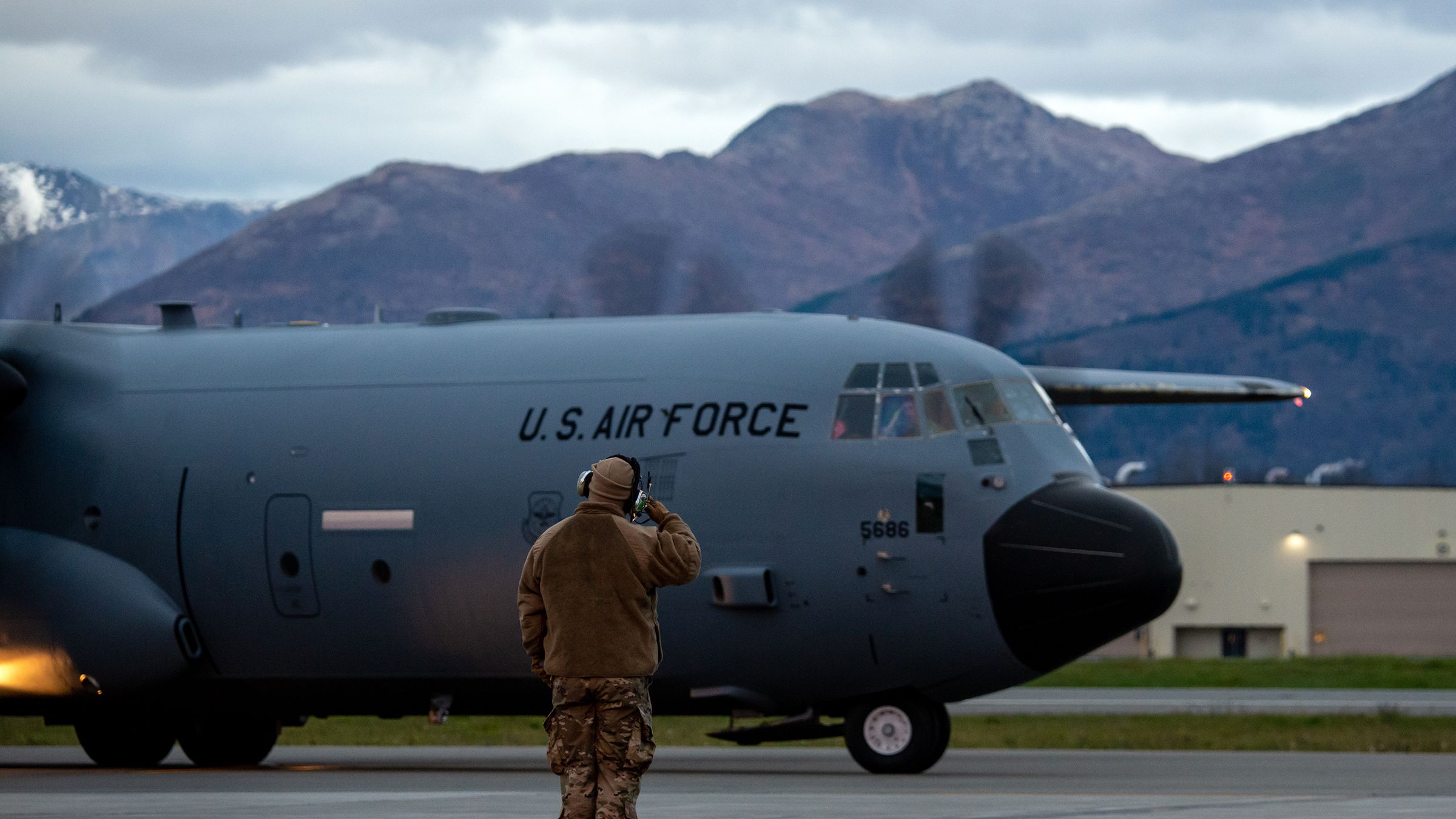
Rabid RFK Jr. Bites Foreign Dignitary
Entities mentioned:
- Robert F. Kennedy Jr.: Righteousness, Moral outrage, Influence
- White House officials: Damage control, Professional pride, Obligation
- Tasha Sturbridge: Damage control, Professional pride, Anxiety
- Haruto Tanaka: Duty, Self-preservation, Wariness
Article Assessment:
Credibility Score: 25/100
Bias Rating: 30/100 (Lean Left)
Sentiment Score: 25/100
Authoritarianism Risk: 35/100 (Generally Democratic)
Bias Analysis:
The article leans left, evident in its satirical criticism of a conservative figure. The exaggerated portrayal of Kennedy Jr. suggests a strong disagreement with his views and appointment, indicating a left-leaning perspective.
Key metric: Diplomatic Relations
As a social scientist, I analyze that this satirical article uses absurdist humor to critique Robert F. Kennedy Jr.'s controversial views and appointment as Health Secretary. The portrayal of Kennedy as 'rabid' metaphorically represents his perceived extreme and potentially harmful ideas. The incident with the foreign dignitary symbolizes potential damage to international relations due to controversial leadership. The White House's apologetic response indicates awareness of the negative impact on diplomacy. The spreading rabies cases allude to fears about the propagation of misinformation or harmful ideologies. This piece, while fictional, reflects real concerns about political appointments and their impact on public health and international relations.
- Read more about Rabid RFK Jr. Bites Foreign Dignitary
- Log in to post comments

White House lands on Trump-Putin summit location as officials race to prepare for historic Alaska meeting
Entities mentioned:
- President Donald Trump: Ambition, Power, Legacy
- Vladimir Putin: Power, Influence, Control
- White House officials: Duty, Professional pride, Security
- Secretary of State Marco Rubio: Duty, Influence, Professional pride
- John Bolton: Wariness, Criticism, Influence
- President Joe Biden: Duty, Security, Influence
- Steve Witkoff: Loyalty, Influence, Duty
- Volodymyr Zelensky: Security, Influence, Self-preservation
Article Assessment:
Credibility Score: 70/100
Bias Rating: 55/100 (Center)
Sentiment Score: 45/100
Authoritarianism Risk: 35/100 (Generally Democratic)
Bias Analysis:
The article presents multiple perspectives, including critics of the summit. However, it leans slightly towards emphasizing concerns and potential risks, while still maintaining a relatively balanced approach.
Key metric: International Relations and Diplomacy
As a social scientist, I analyze that this summit between Trump and Putin represents a significant shift in US-Russia relations, potentially impacting global geopolitics. The rushed nature of the preparations and the choice of location in Alaska suggest an unconventional approach to diplomacy. The one-on-one format raises concerns about transparency and accountability. The exclusion of Ukraine's President Zelensky from direct participation could affect the balance of power discussions regarding the ongoing conflict. This meeting may influence international perceptions of US foreign policy and its stance towards Russia, potentially altering alliances and diplomatic strategies globally.